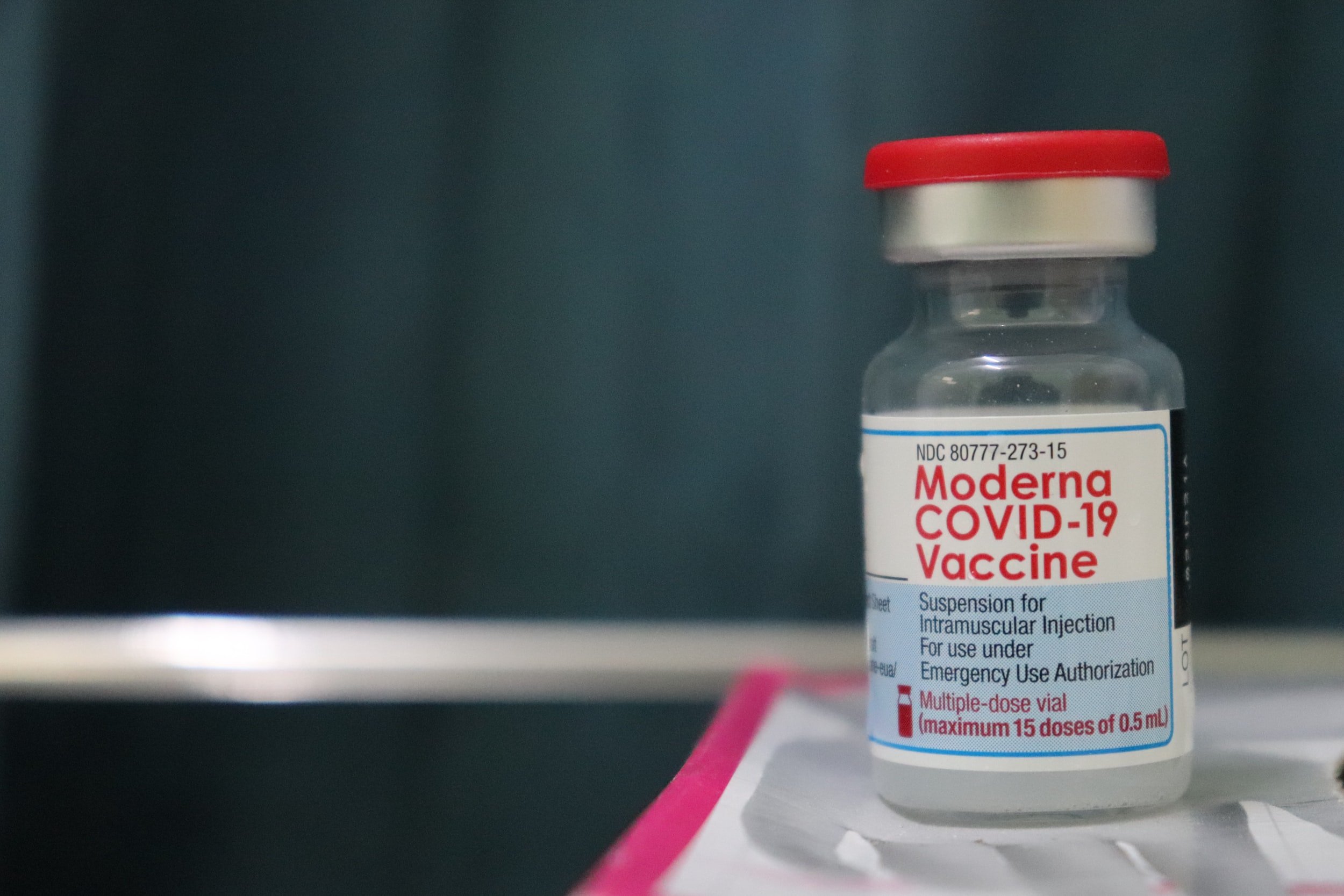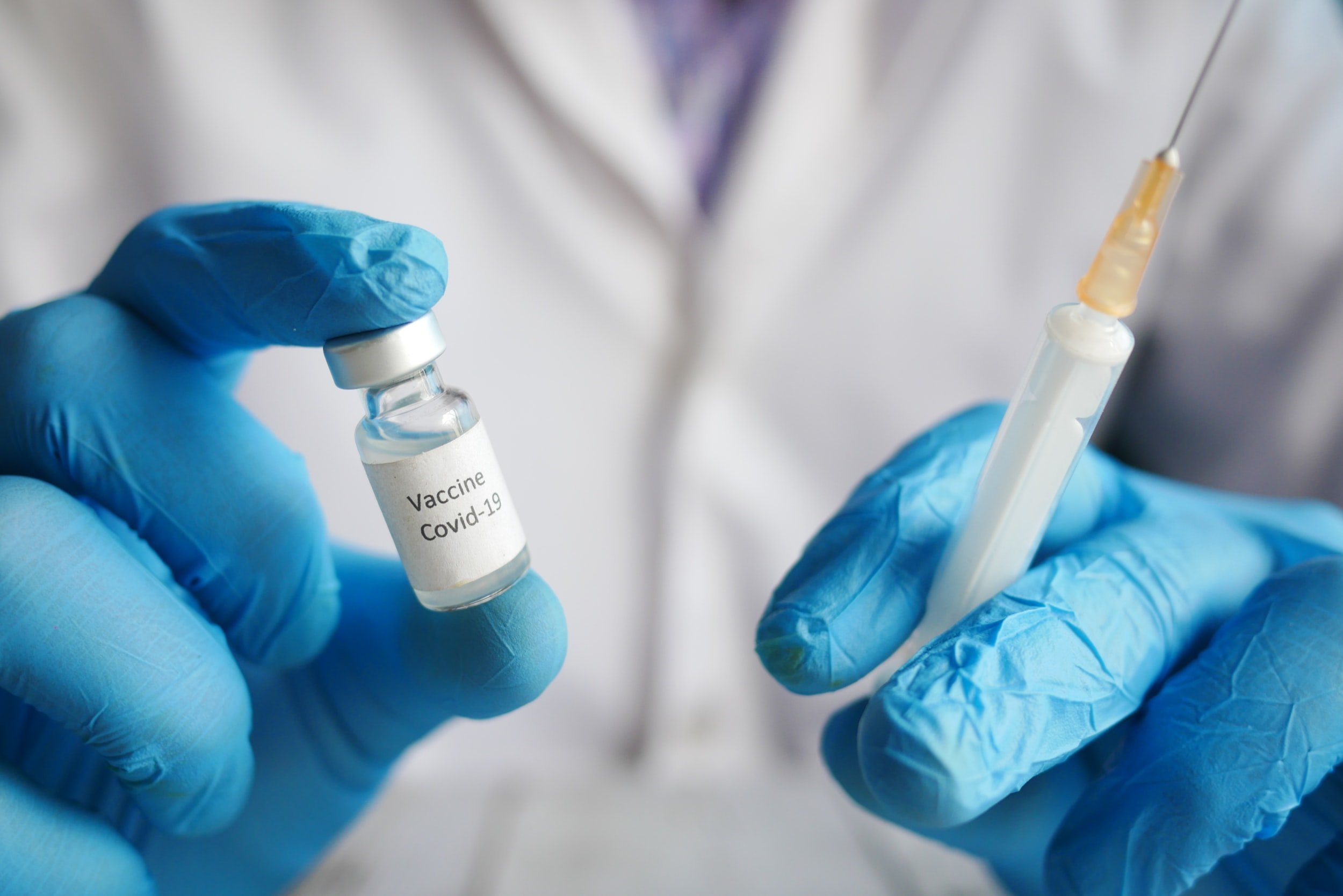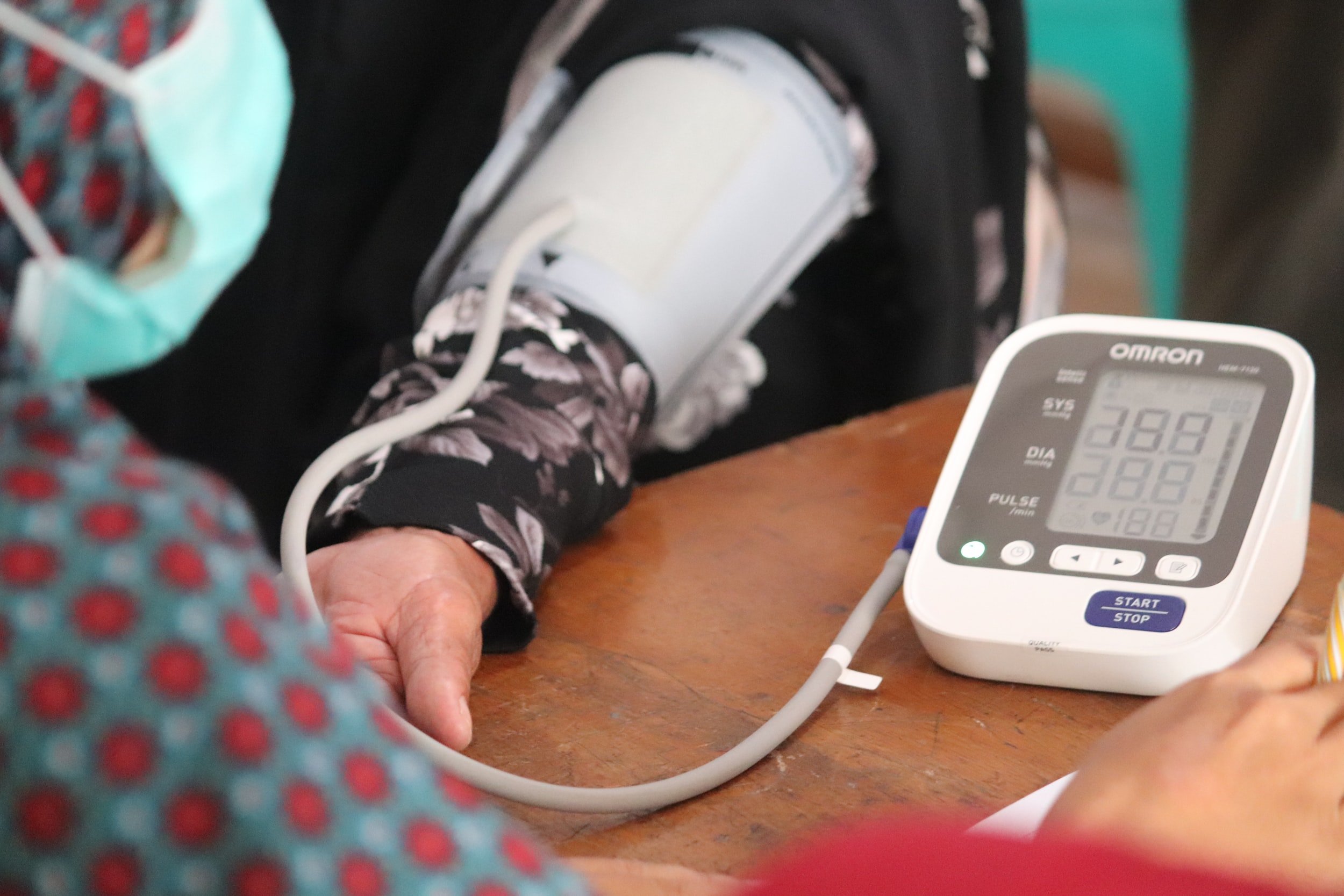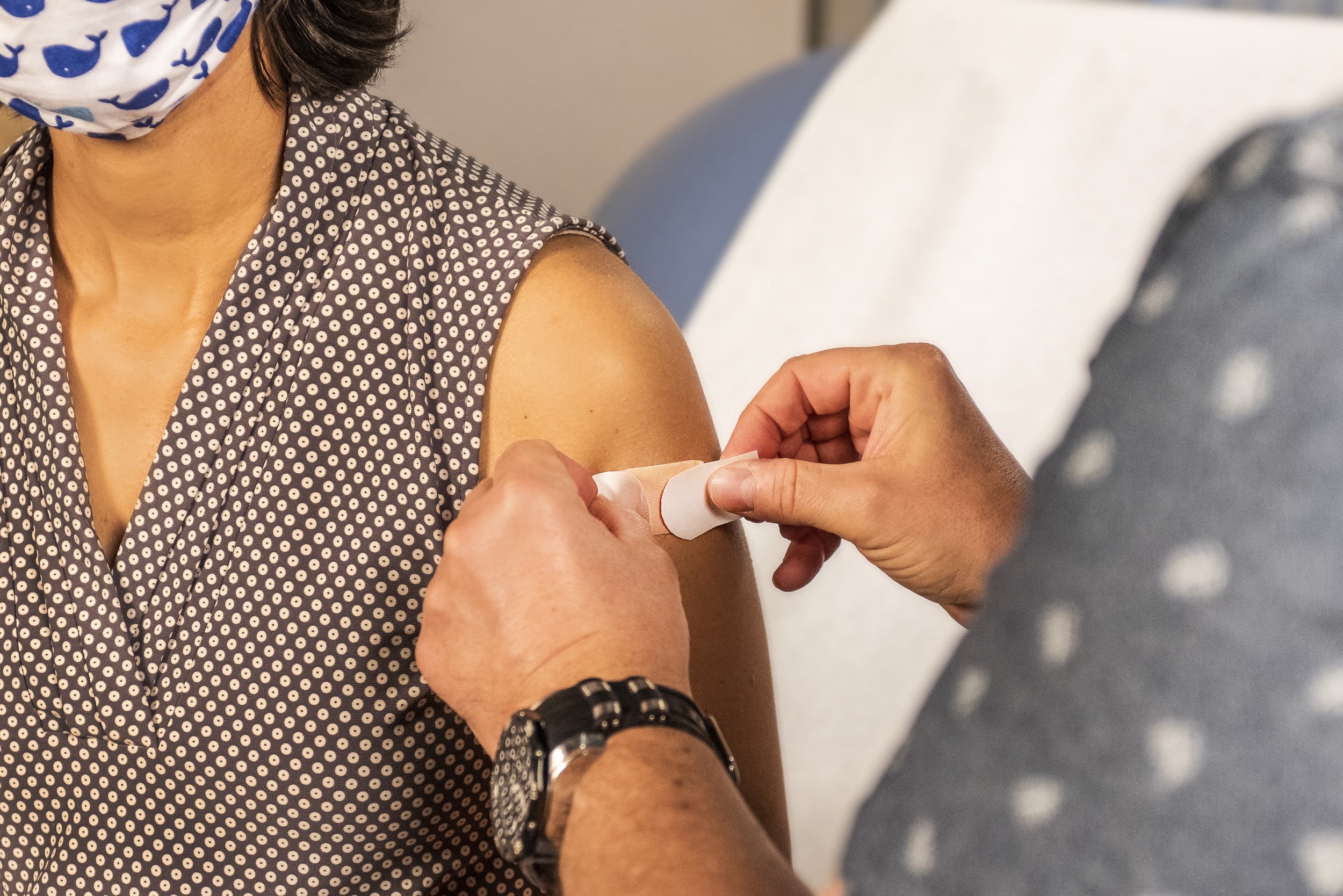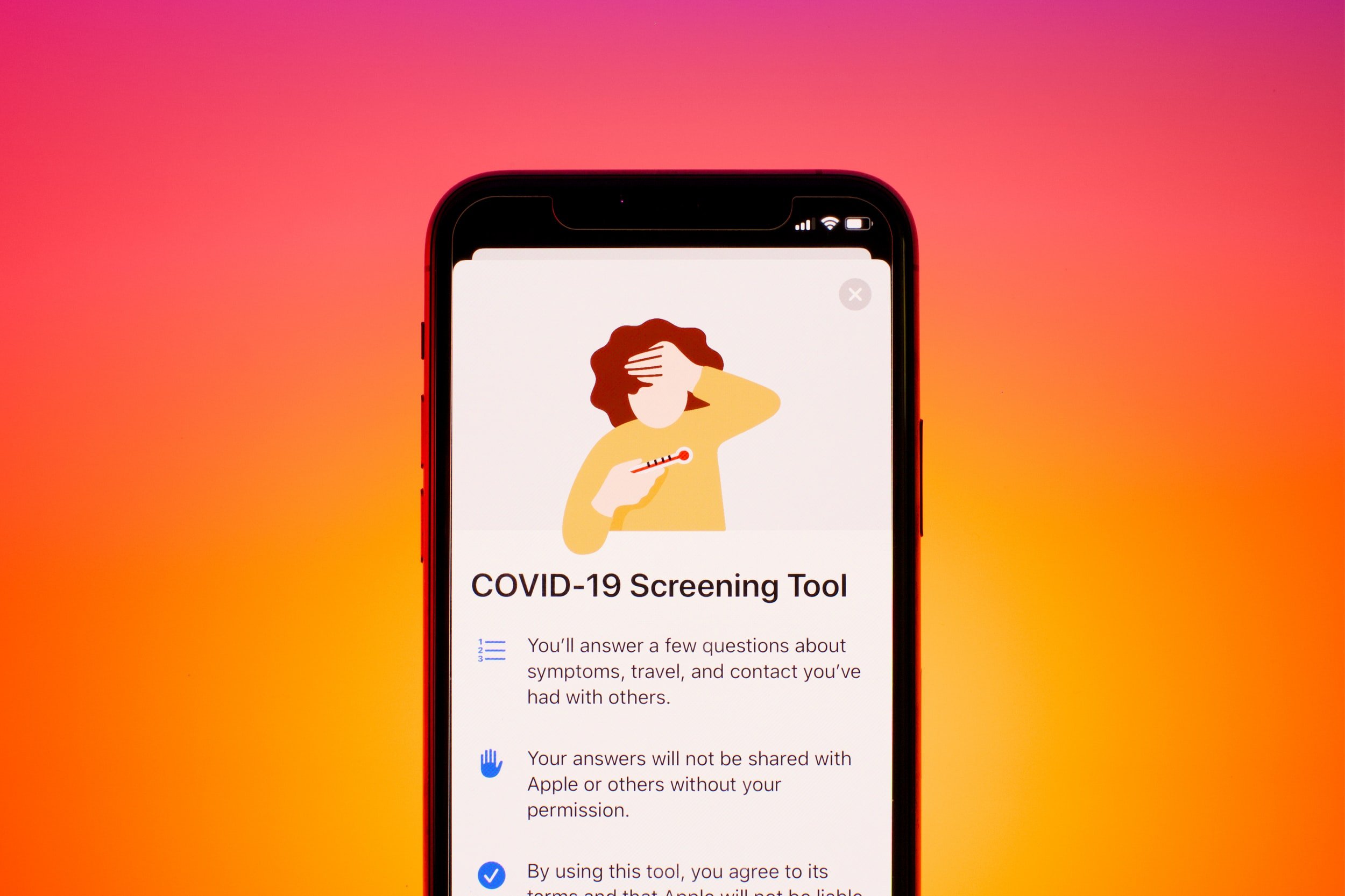COVID-19
At the start of the COVID-19 pandemic, Professor Kirsten McCaffery established a Sydney Health Literacy Lab team to research how it impacted Australians. This work began by running surveys at regular intervals to look at how behaviours and attitudes shifted over time. The importance of health literacy was integral to this research, and one of our initial papers discussed the relationship between health literacy and COVID-19 attitudes, knowledge and behaviours.
Another key finding was the high levels of misinformation amongst young men. This finding led to media appearances on ABC Radio and ABC TV News, as well as articles in The Conversation and The Age.
Further research looked into people’s use of telehealth during the pandemic, the psychological impact of hypertension, and of course vaccine intentions. Our work on the latter has been published in The Lancet, and in media articles in publications such as The Guardian, The Conversation, and ABC News Online.
You can find our publications, both in journals and in the media, below.
Led by: Professor Kirsten McCaffery
Team: Julie Ayre, Carissa Bonner, Tessa Copp, Samuel Cornell, Erin Cvejic, Rachael Dodd, Jennifer Isautier, Olivia Mac, Danielle Muscat, Brooke Nickel, Kristen Pickles, Melody Taba
Collaborators: Michael S Wolf – global survey lead (Northwestern University, USA) and Katie Robb (University of Glasgow, UK)
Our COVID-19 Research in the media
Our COVID-19 publications
COVID-19 survey in Greater Western Sydney
Further work related to the pandemic looked at diverse communities in Western Sydney. This project captured experiences of the pandemic across 11 languages, making it the largest Australian COVID-19 survey for people whose main language is not English (N=708). Data was captured just prior to the 2021 Delta outbreak, from the region most directly affected (Greater Western Sydney) and provided rich community data to shape NSW’s response to outbreak. Outcome variables included information sources used, COVID-19 knowledge and self-reported behaviours, attitudes, and vaccine intentions.


